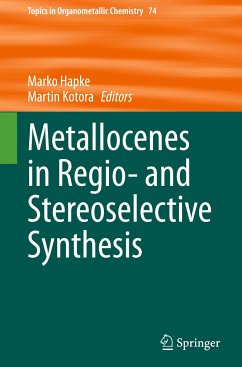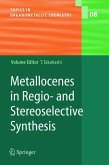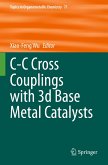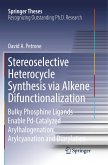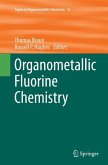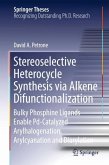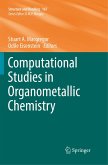This book presents the latest synthetic protocols for the assembly of functionalized
Cp ligands and their transition metal complexes. Cyclopentadienyl (Cp) complexes
of transition metals belong to the most important classes of transition metal complexes
with tightly bound ligands in the coordination sphere since their discovery in the middle
of the last century. Even though they have been known for a long time, this field
constantly evolves to deliver novel modified Cp ligands and complexes and to blossom into new
fields of application. Beside the synthesis of ligands and metal complexes this book
concentrates on novel and prospering fields of their application in organic synthesis. In this
respect the Cp complexes have been applied to induce and catalyze various significant chemical
transformations such as new C-C bond formation involving unsaturated substrates (e.g.
cyclotrimerizations, cycloadditions, carbometallations, etc.), C-H bond and C-C bond
activations followed by subsequent reactions (e.g. arylation, alkenylations, annulations,
etc.), as well as many other processes. This volume also covers
the recent development and application of chiral Cp complexes in enantioselective synthesis.
Cp ligands and their transition metal complexes. Cyclopentadienyl (Cp) complexes
of transition metals belong to the most important classes of transition metal complexes
with tightly bound ligands in the coordination sphere since their discovery in the middle
of the last century. Even though they have been known for a long time, this field
constantly evolves to deliver novel modified Cp ligands and complexes and to blossom into new
fields of application. Beside the synthesis of ligands and metal complexes this book
concentrates on novel and prospering fields of their application in organic synthesis. In this
respect the Cp complexes have been applied to induce and catalyze various significant chemical
transformations such as new C-C bond formation involving unsaturated substrates (e.g.
cyclotrimerizations, cycloadditions, carbometallations, etc.), C-H bond and C-C bond
activations followed by subsequent reactions (e.g. arylation, alkenylations, annulations,
etc.), as well as many other processes. This volume also covers
the recent development and application of chiral Cp complexes in enantioselective synthesis.

